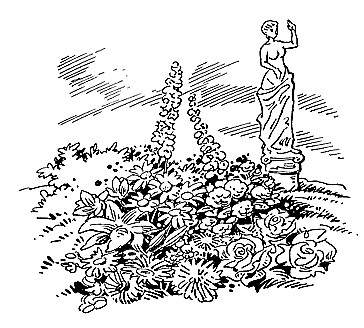Calendar, Aprilis
(April, another ancient Roman month)
Aprilis, a Month in Honor of Aphrodite?
April was formerly the second month in the ancient Roman year, when March began the calendar.
- The “real” origin of its name has been lost.
- The most common theory is that Aprilis is derived from the Latin verb Aperire, “to open”, as the opening, or blossoming, of trees and flowers.
- Since the Romans often named months for gods (and goddesses), and since April was sacred to Venus, the Roman goddess of love, her festival was held on the first day of Aprilis.

- It is possible (probable?) that Aprilis was originally called Aphrilis, a Latin name which comes from Aphrodite, the Greek goddess of love equated to the Roman goddess of Venus?
- Fordicidia, the Feast of the Cows on XVII days to Maius Calends (April 15), when ancient rites were conducted to ensure the prosperity of crops. A cow pregnant with calf (forda) was sacrificed, and attendants of the vestal virgins then took the calf from its mother to burn it. Its ashes, gathered up by the vestals, were used a few days later at the Parilia.
- The Parilia was the annual Roman festival of flocks and herds, celebrated on April 21 in honor of Pales, the pastoral deity (god or goddess) and special protector of cattle.
- The Parilia, essentially a pastoral, or agricultural rite, is believed to have originated long before the founding of the city of Rome (753 B.C.).
- Romulus, the legendary “founder of Rome”, is thought to have played a significant role in conducting the cleansing and renewal rituals of the Parilia.
- April 21 (XI days to Maius Calends) was set aside to commerate not only Pales, but also the founding of Rome.
- A public holiday known as the Natalis urbis Romae (birthday of the city of Rome), was also a day which was marked by music, street dancing, and general revelry.
The best things about the “good old days” is that they are forever gone.
